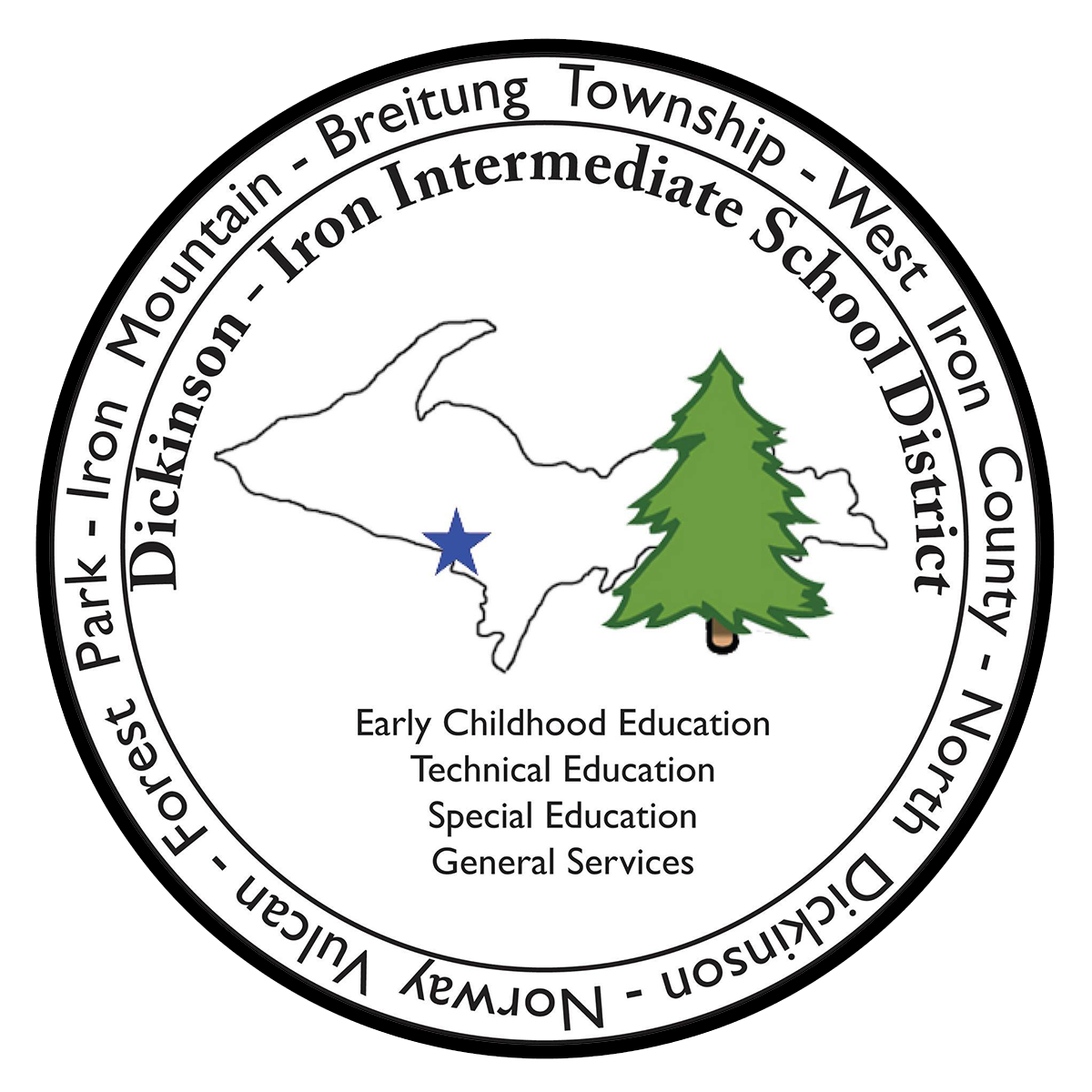Parent Information
The Early Childhood Programs promote good health habits at meal time (such as hand washing and tooth brushing). Meals are served in family style with classroom coordinator and all other adults seated at the tables and eating the same foods with the children. Children are not forced to eat, but encouraged to try all foods.
A growth assessment is conducted two times a year; December and May.
Without proper nutrition, the body cannot grow and the potential for learning is decreased.
We follow guidelines from "Let's Get Moving":
1) Physical Activity: Provide 1-2 hours of physical activity throughout the day, including outside play when possible.
2) Screen Time: No screen time for children under 2 years. For children age 2 and older, strive to limit screen time to no more than 30 minutes per week during child care, and work with parents and caregivers to ensure children have no more than 1-2 hours of quality screen time per day (as recommended by the American Academy of Pediatrics).
3) Food: Serve fruits or vegetables at every meal, eat meals family-style whenever possible, and don't serve fried foods.
4) Beverages: Provide access to water during meals and throughout the day, and don't serve sugar-sweetened drinks. For children age 2 and older, serve low-fat (1%) or non-fat milk, and no more than one 4- to 6-ounce serving of 100% juice per day.
5) Infant Feeding: For mothers who want to continue breastfeeding, provide their milk to their infants and welcome them to breastfeed during the child care day. Support all new parents' decisions about infant feeding.
Head Lice (Revised 10.03.13)
Children will be checked for signs of lice at the start of the school year and upon return from extended holiday breaks (Ex: Thanksgiving, Christmas, Easter).
Should an outbreak occur, classroom staff will check children as often as they deem reasonable and necessary to limit the spread of lice.
If lice and/or nits are believed to be seen, another staff person will be consulted for a second opinion.
If lice and/or nits are confirmed, the parent/guardian will be called to pick up the child.
Staff will adhere to the following procedure:
Child will be restricted from activities involving close contact (i.e., hugging) or sharing personal items (i.e., hats, clothing, dress up clothes, etc.) with other children.
If Emergency Contact cannot be reached, child can remain in school until the end of the school day and should be allowed to ride the school bus home. Transmission via school bus seats is not likely because of the biology of head lice. It is recommended, however, that no other children occupy the same seat as the infected child.
A note will be sent home to parents indicating a case of head lice is suspected and signs/symptoms to watch for before sending child(ren) to school.
School will provide parents with a copy of an information sheet on head lice infestation and treatment options.
Due to the nature of typical preschool-aged interactions, the Department of Early Childhood maintains a nit-free policy. Before a child is able to return to school, the parent/guardian must bring the child to class to be checked before resuming normal attendance.
